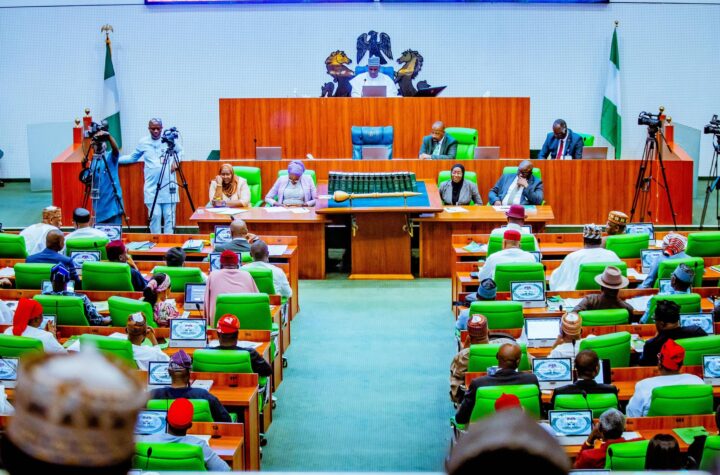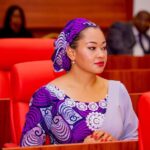By Mercy Aikoye
The House of Representatives has rejected a bill that sought to amend the 1999 constitution to provide for the rotation of the offices of the president and vice president among the six geopolitical zones of Nigeria. The bill, sponsored by Deputy Speaker Benjamin Kalu, aimed to ensure that every part of the country has the opportunity to contribute to governance and development.
The bill was among seven constitution amendment bills listed for second reading on the House Order Paper. After the House Leader read the titles of the bills, lawmakers contributed to the debate. Rep Aliyu Madaki opposed the bill, arguing that the issue of zoning the presidency should be left to individual political parties to decide, as the constitution already covers the principle of federal character.
Hon. Ali Isah disagreed with Madaki’s position, saying that enshrining rotational presidency in the constitution would promote fairness and a sense of belonging for all geopolitical zones. However, Rep Sada Soli opposed the bill, arguing that it would lead to the enthronement of mediocrity over competence and encourage regional and ethnic interests over national unity.
Kalu responded to Soli’s concerns, dismissing the argument that rotational presidency would lead to mediocrity. He emphasized that every geopolitical zone has competent and capable people who can occupy the offices of president and vice president. The essence of the bill, he said, was to ensure that every part of the country contributes to governance and development.
Hon. Shina Oyedeji opposed the bill, noting that democracy is about healthy competition and that including clauses on zoning and regional sentiments negates democratic principles. Rep Bello El-Rufai also opposed the bill, arguing that it would lead to regional and ethnic rivalries given the country’s multiplicity of ethnicities.
After a heated debate, the Deputy Speaker put the bill to a voice vote. The majority of lawmakers opposed it with a “nays” vote, and the Deputy Speaker ruled in favor of the opposition.
The rejection of the bill means that the current constitutional provisions will remain unchanged. The House’s decision reflects the complexity of Nigeria’s political landscape and the challenges of balancing regional and national interests.
The debate on the bill highlights the differing opinions among lawmakers on how to promote fairness, competence, and national unity in Nigeria’s political system. While some argue that rotational presidency would promote inclusivity, others believe it would undermine the country’s democratic principles and values.



